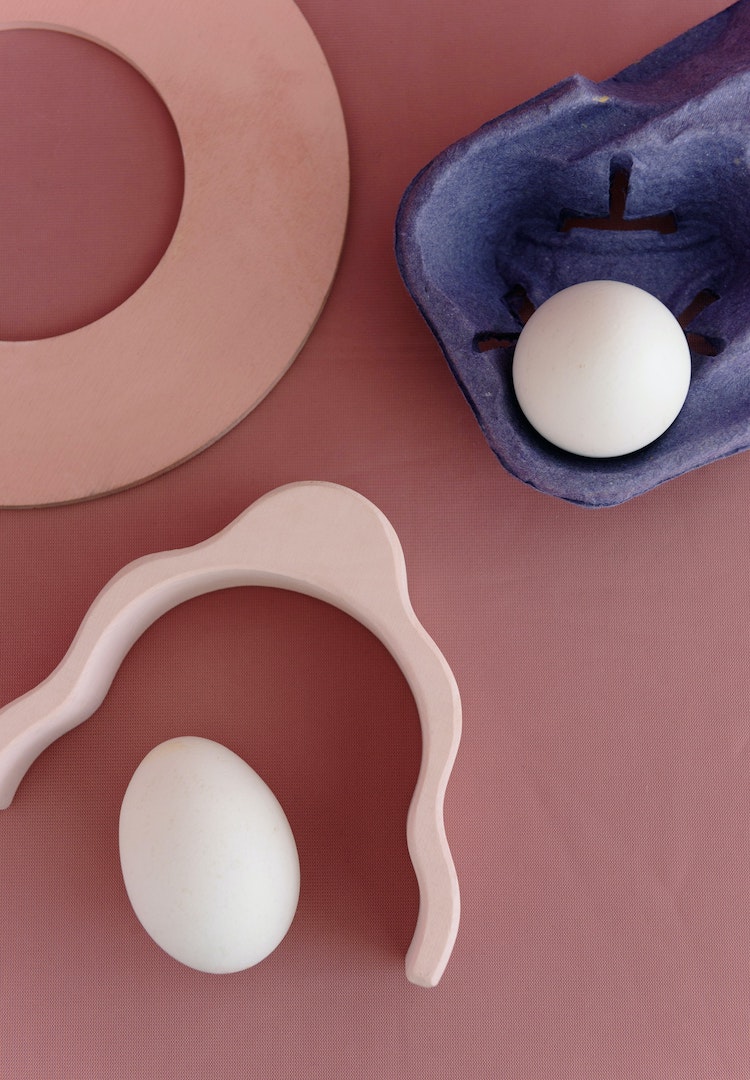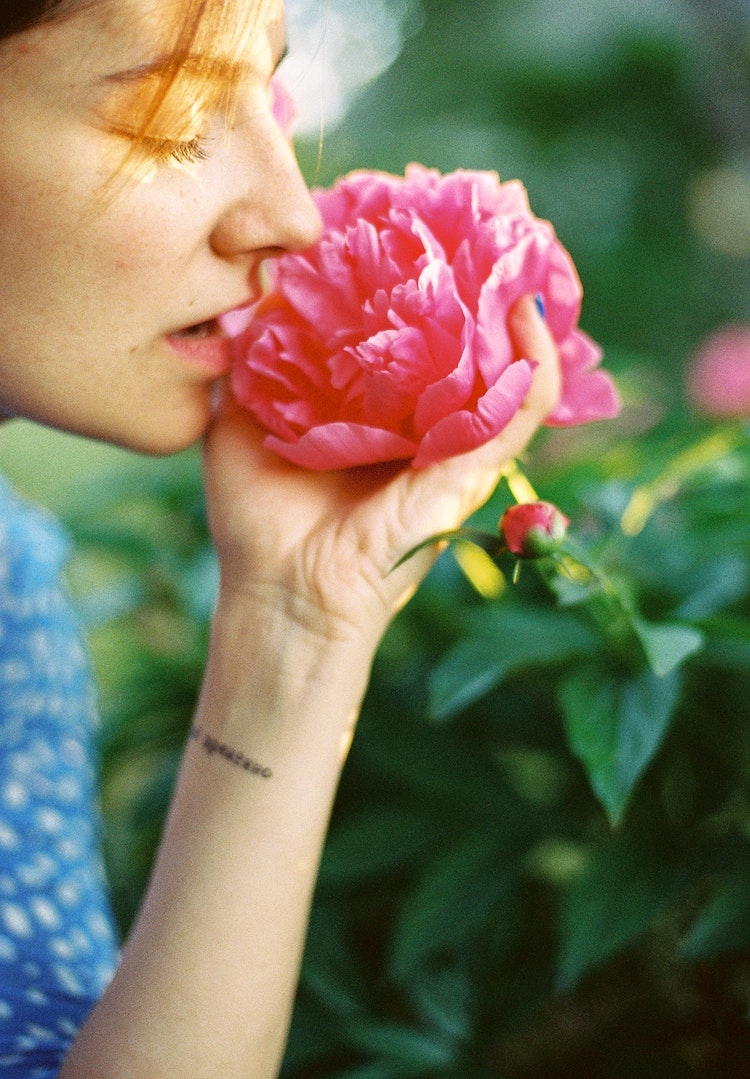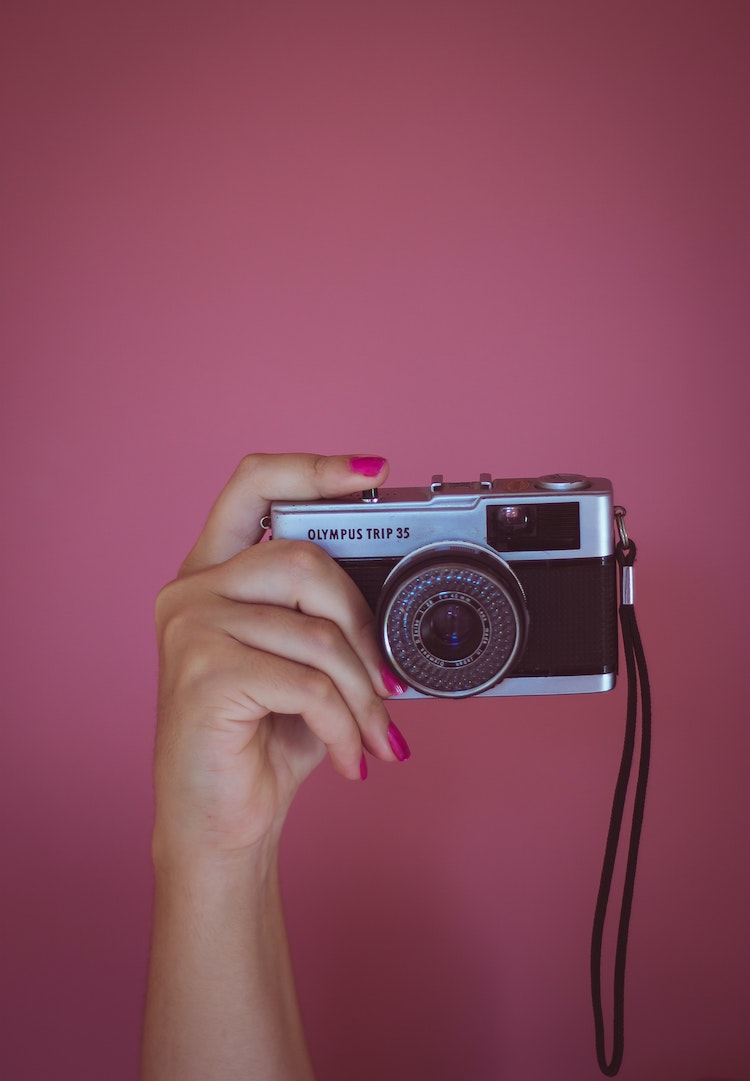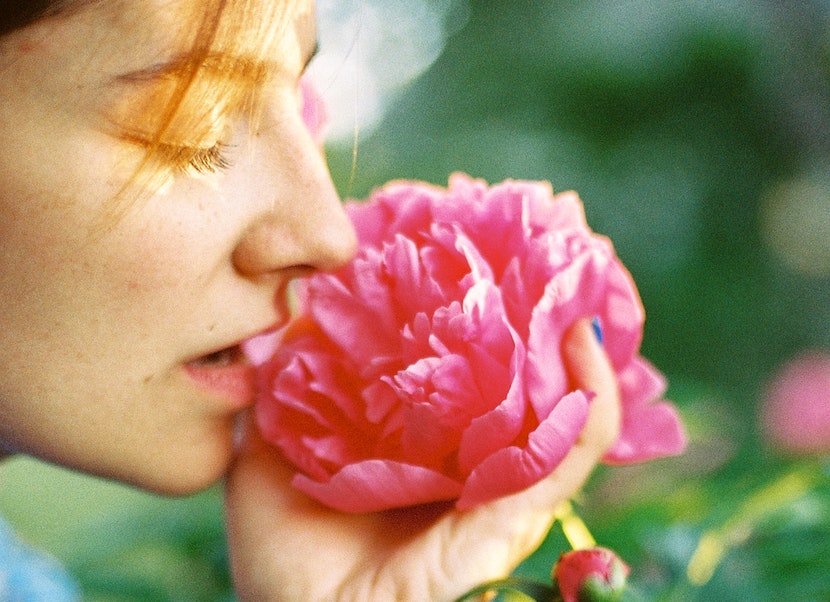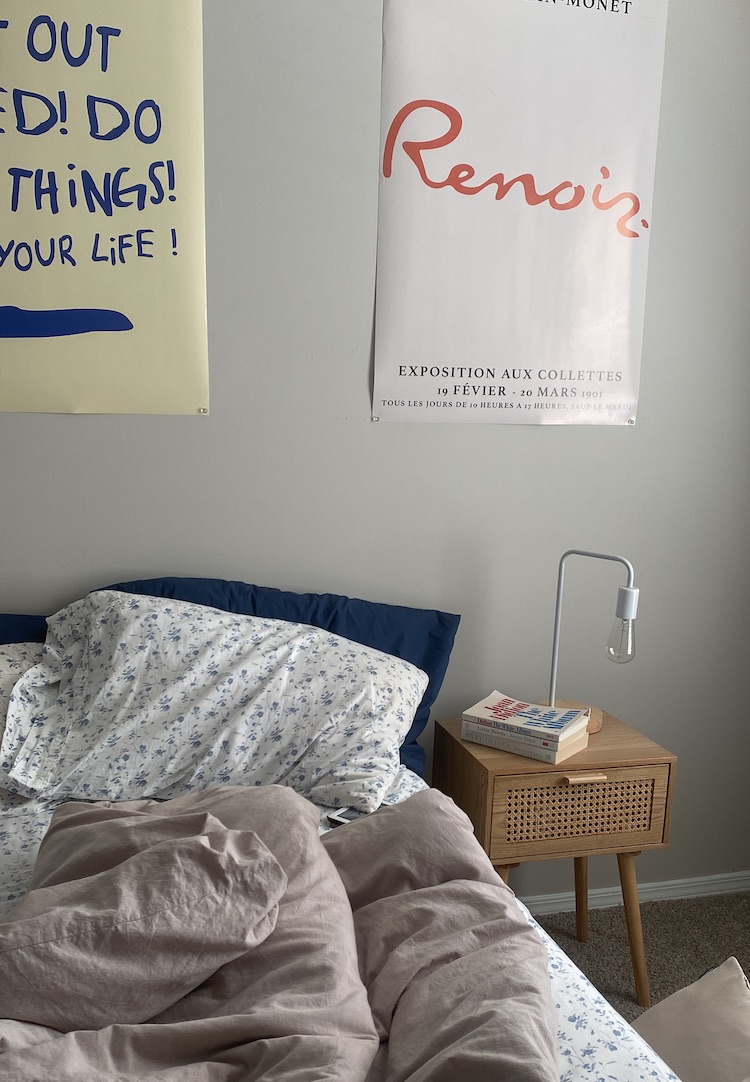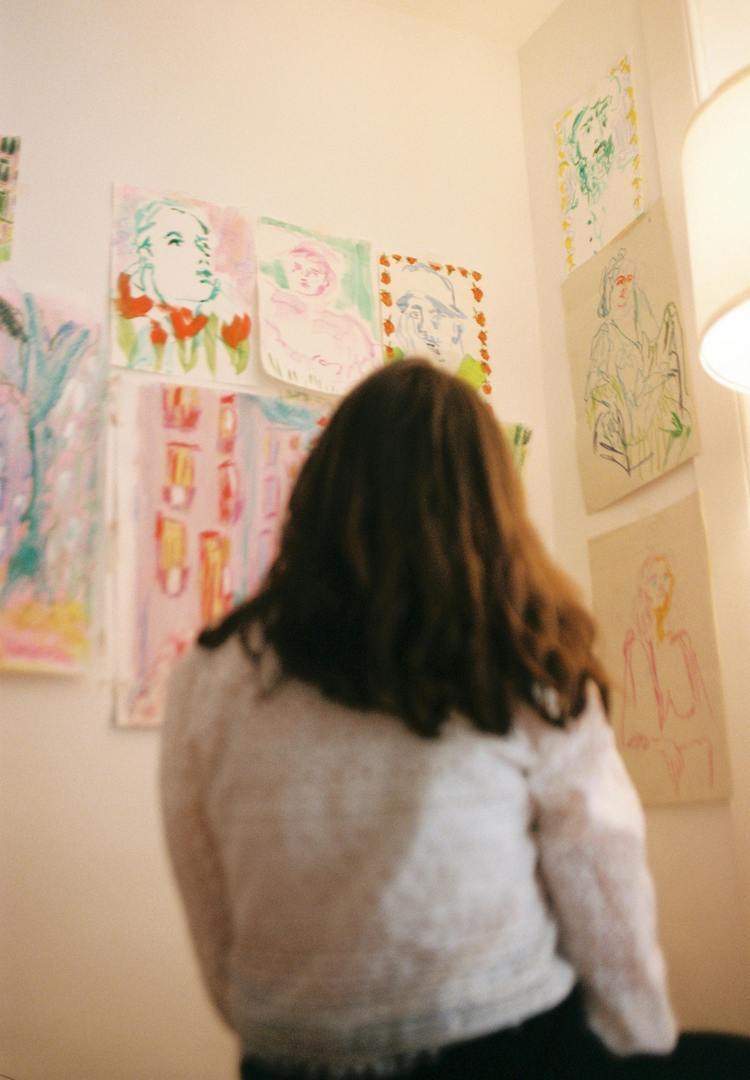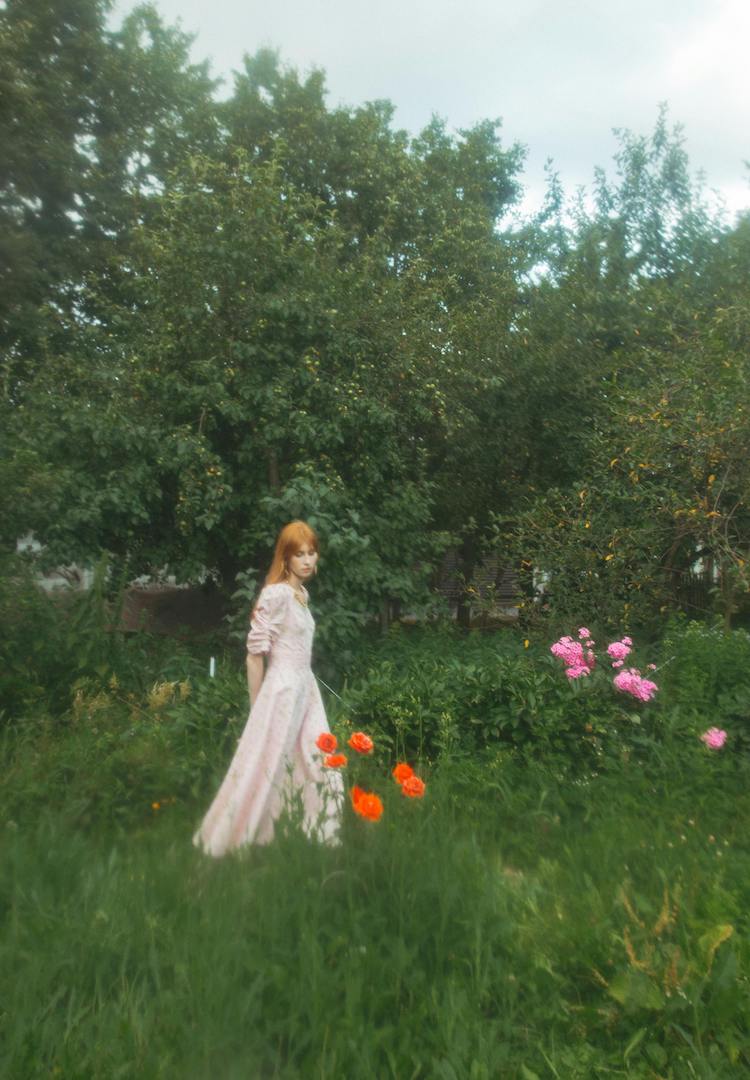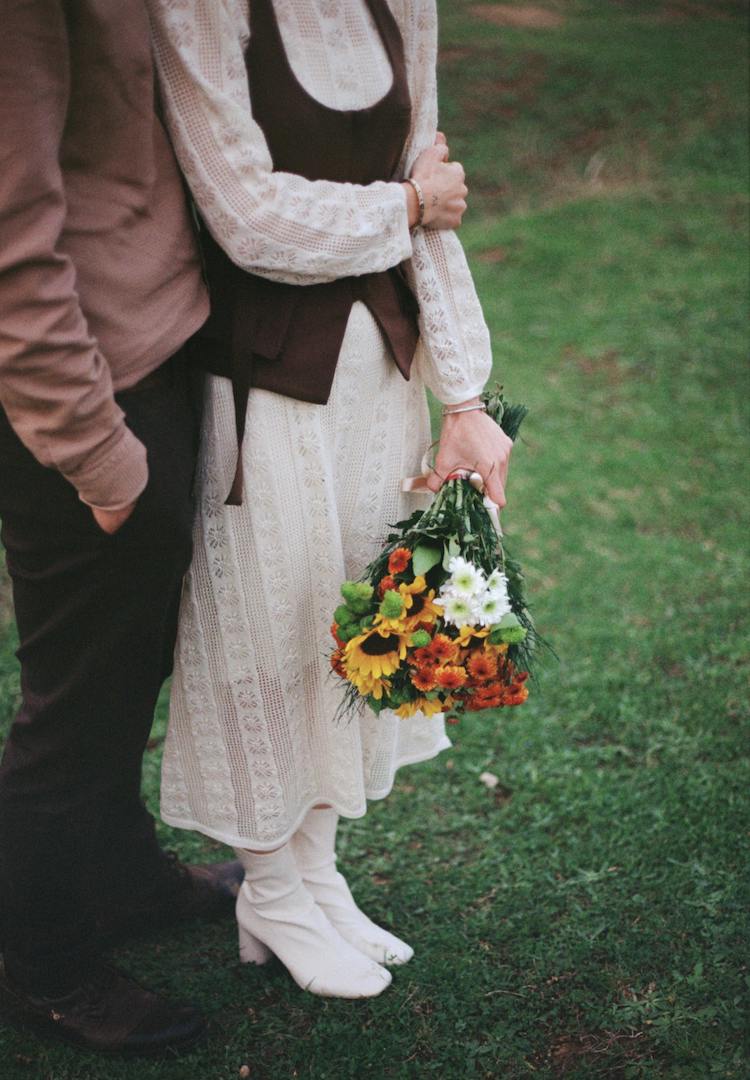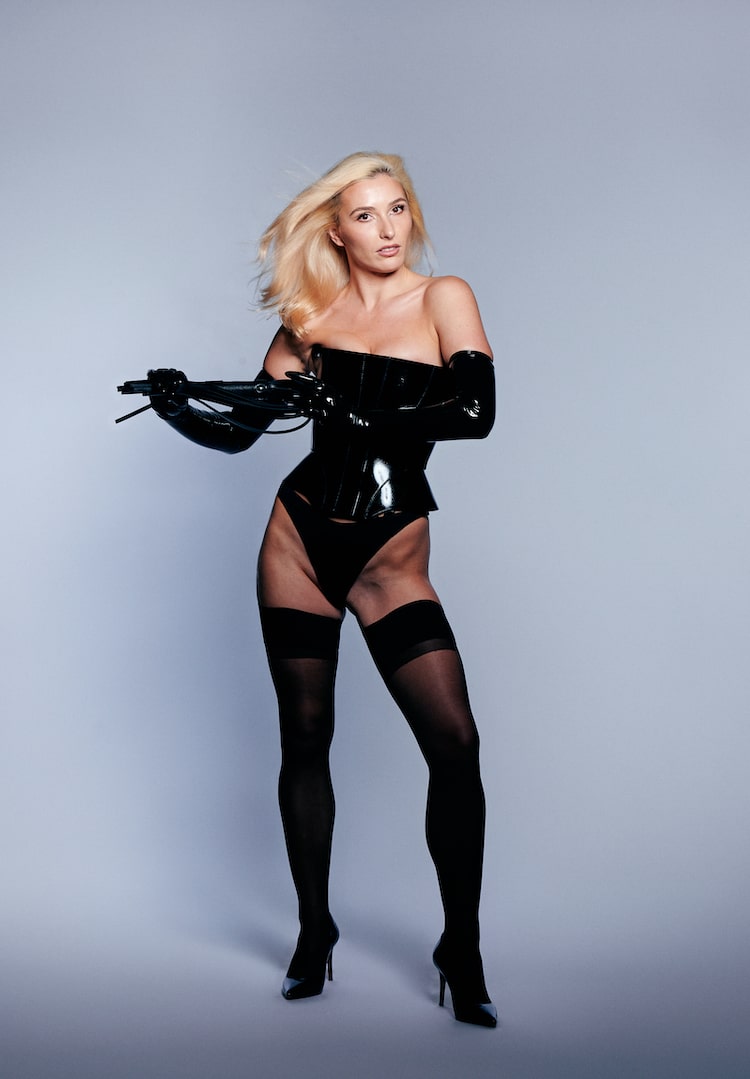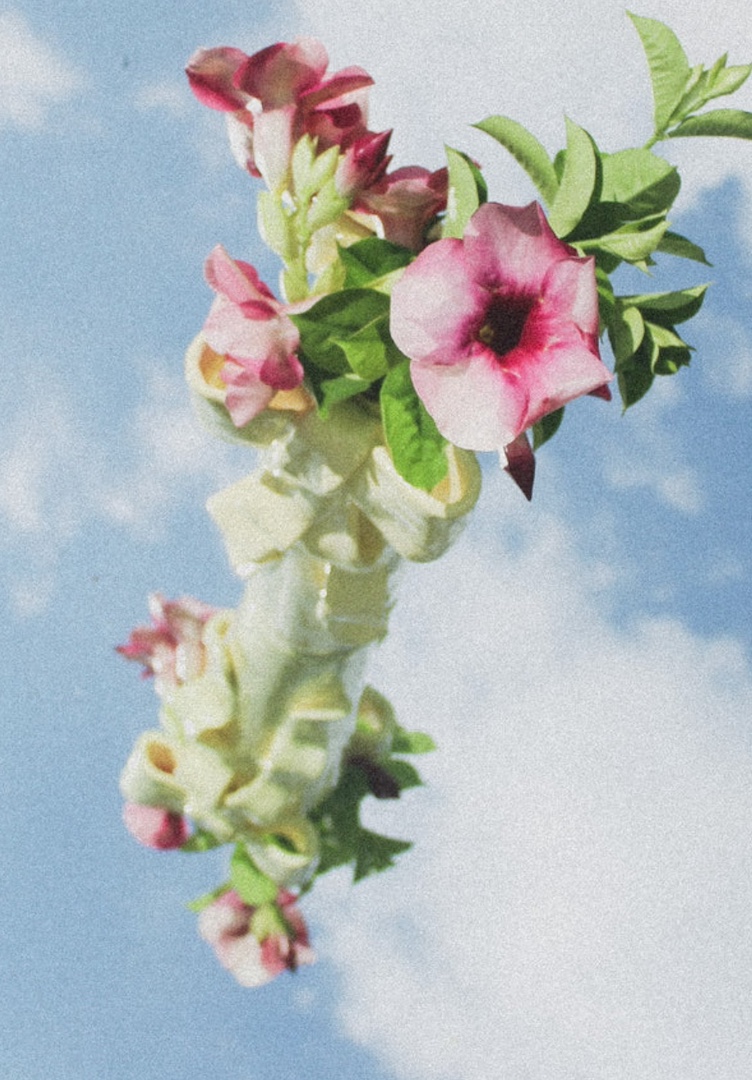Romantic rejection hurts but here’s how to handle it
WORDS BY HANNAH FURST
Rejection is the worst, but these tips can help.
A few months ago, I matched with a guy on Hinge. He looked familiar but I couldn’t place him. He politely informed me that I had flaked on a date with him months prior. Aha! We decided to give it another go, and I absolutely knew I couldn’t flake on him this time – now that would be rude.
We met up and I thought he was really cute and totally charming. Okay, so we weren’t fully aligned on what we wanted for our futures (he had a daughter and successful corporate career, whereas I was ready to quit mine to live the digital nomad life), but I still thought he’d be keen for a second date.
For more relationship advice head to our Life section.
Oh, Hannah. Have you learnt anything in your 32 years? The next day I got a message from him. It was along these lines: “Hey Hannah. It was nice meeting you. You probably feel the same, but I didn’t feel a romantic connection. Here’s a link to that podcast I was talking about. Good luck with your job decision!”
Not only was he cute and charming but he was also a good guy. He didn’t ghost or disappear, he did the mature thing and let me down kindly. And it made me feel terrible! I couldn’t shake the feeling for days. I almost wished he’d just ghosted me, and I wondered if it was payback for me flaking on him (lol, no).
The rejection stung, even though I hardly knew him, and I wanted to understand why. So I spoke to Dr Guy Winch, a psychologist and the author of Emotional First Aid: Healing Rejection, Guilt, Failure, and Other Everyday Hurts.
According to Dr Guy, dating apps are a numbers game, so there is a significant potential for rejection. And he says it’s not just dating apps – social media, in general, has caused us to experience more rejection than in the past. We even feel rejected when not enough people like our latest Instagram post.
I ask whether smaller rejections hurt less. He says the research suggests the size of the rejection doesn’t actually matter – even small rejections sting. You can feel it even if you get rejected by someone you’re not that interested in.
This is because we’re wired to experience rejection as pain. Dr Guy tells me that in an experiment on rejection, three people were asked to toss a ball between them. After a few rounds of tossing the ball, the third person was excluded. It’s as mild as rejection can be, but the researchers found that this perceived rejection caused an increase in emotional pain and a drop in self-esteem and mood.
According to Dr Guy, in functional MRI studies, when we experience rejection the same areas of the brain get activated as physical pain. There may be an evolutionary basis for this: when we were hunters and gatherers, being rejected from the tribe was basically a death sentence, so we evolved to feel rejection like physical pain.
I guess evolution didn’t account for the fact we’re not actually going to die from someone unmatching us on Hinge. But luckily, you can cushion the blow of rejection through something Dr Guy calls “emotional first aid”. He says that when we get rejected, we tend to do the opposite of what’s good for us – we try to figure out why we were rejected by listing our faults and shortcomings.
Which is exactly what I did with the Hinge guy. My thought process went something like this: ‘I shouldn’t reveal my plans to travel the world and work remotely when international borders open. I should try to be more normal’, which then turned into, ‘Guys want normal girls. I’m so weird. Why can’t I just be normal?’, and so on.
But this is like throwing gasoline on the fire. Instead, we need to revive our self-esteem. Dr Guy suggests a writing exercise: write down five to 10 qualities you have that are valuable in the dating world. Choose one or two and write a short paragraph on why someone would appreciate that quality. You need to overpower that self-critical inner voice. Weird is good, after all.
Dr Guy emphasises that you need to write them down – don’t just think about them in your head. He uses this analogy: if you’re hungry, you can think about food, but it’s not going to make you feel less hungry. “The writing is the cooking – it’s more powerful to write things down,” he explains.
So I did it. As I wrote it down, I realised that there will be a cute and charming guy who also wants to escape the nine to five but is equally conflicted about not feeling ‘normal’. And they’ll probably appreciate that there’s someone else out there that feels the same.
And we’ll live happily ever after, obviously. Oh, Hannah. Have you learnt anything in your 32 years?
This article was originally published on July 26 2021.
You can listen to Hannah’s full interview with Dr Guy Winch here.

